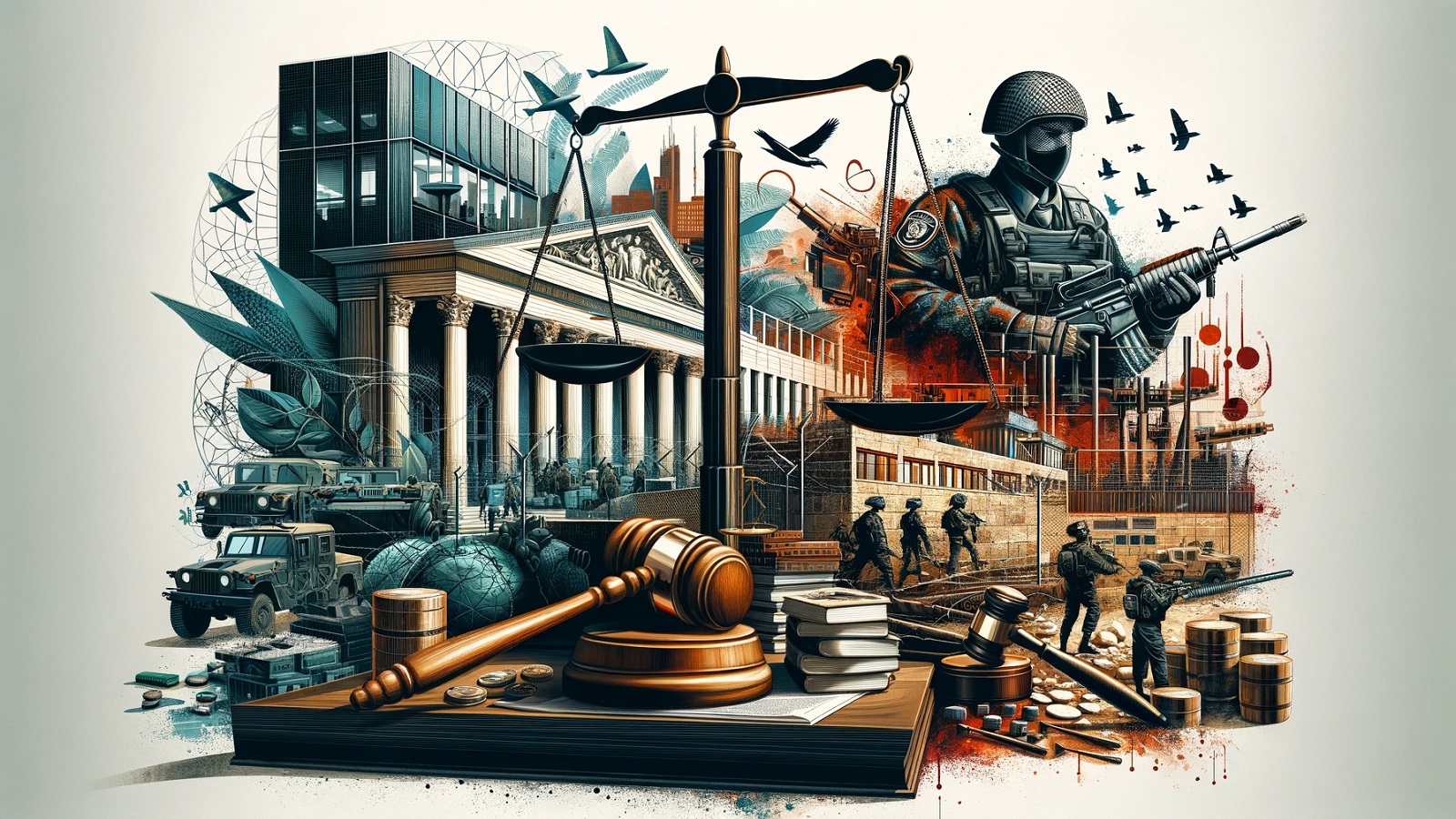Why a Stronger Judiciary Makes Us Stronger on the Battlefield
Maariv, Israel, January 13
Even before the International Court of Justice in The Hague issues its ruling on South Africa’s request for an order to halt IDF operations in Gaza, it is evident that the legal advisor of the Ministry of Foreign Affairs, along with senior officials from the Ministry of Justice and British Professor Malcolm Shaw, presented a professional and historic appearance in Israel’s defense on the world stage. This highlights the critical importance of the legal aspect in Western democracies’ perception of national security, particularly for Israel, which constantly faces threats from its enemies. South Africa’s petition to label IDF’s war in Gaza as “genocide” was far-fetched and scandalous. Nonetheless, the second day of hearings at the court further cemented the Israeli jurists’ commitment to presenting a strong legal argument supported by factual evidence. This revealed the baselessness of the accusations and exposed Hamas’ systematic violations of the laws of war. This achievement serves as a testament to the security and justice systems in Israel, which have worked impressively together to ensure the IDF’s freedom of action. This is not only crucial for the current war but also for future conflicts, given the increasing presence of terrorist organizations operating within urban areas and amid civilian populations. Furthermore, Israel’s appearance before the Court highlights the country’s commitment to public service and its adherence to the laws of war. These efforts are even more commendable considering the complexities associated with carrying out military campaigns in densely populated civilian areas while facing a ruthless enemy. Regardless of the High Court’s decision, which may be influenced by political biases, it is already evident that Israel has taken advantage of the international stage provided by the court to enhance the IDF’s reputation as an army that strictly adheres to the laws of war. Additionally, Israel has continued to develop legal-operational strategies such as the “roof-knocking” tactic that was introduced approximately 15 years ago, wherein the IDF drops non-lethal munitions on the roofs of targeted buildings before conducting a full-fledged strike. These strategies expand the IDF’s capabilities in urban warfare. The inclusion of Germany as a third-party observer during the hearing further demonstrates this success. In the realm of law, international and domestic norms are intertwined. Without an independent and professional judicial system, Israel’s representatives would struggle to justify the IDF’s activities in Gaza and consequently undermine the IDF’s freedom of action. Therefore, the Israeli Supreme Court’s landmark ruling on the reasonableness clause, which aligns with the Supreme Court’s position on invalidating fundamental laws and prioritizing reasonableness in reviewing government and Knesset actions, not only reflects the strength of Israeli democracy in times of uncertainty but also reinforces our ability to withstand international tribunals and safeguard the IDF’s freedom of action. This is crucial in an era where antisemitism is resurfacing, and security challenges are becoming increasingly complex. Moving forward, the proceedings in The Hague underscore the need for the next Knesset to thoroughly revise its rules and exercise its authority as the founding body of the state to establish a constitution that balances governmental power and guarantees individual rights. This will be a cornerstone in strengthening national security through the rule of law, a vital component that must be reevaluated given the circumstances leading to the Gaza war. —Adv. Avi Kalo, former IDF legal advisor (translated by Asaf Zilberfarb)


